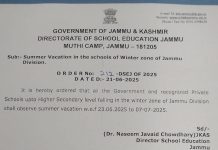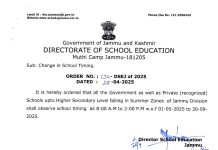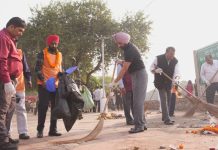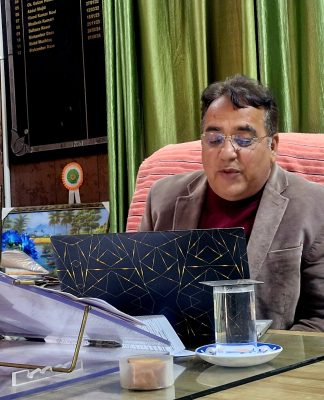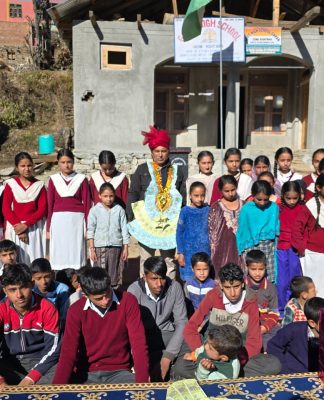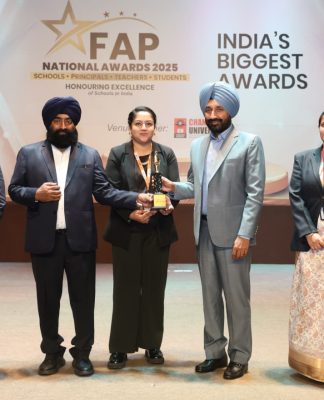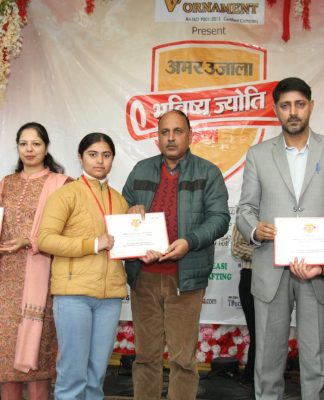New Delhi, Dec 3: An Australian university is planning to invest AUD 5 million as a part of a collaboration with agricultural universities across India, to leverage research and innovations that may help Indian farmers double their income by 2022, varsity officials said.
Prime Minister Narendra Modi has pledged to double the income of farmers of India over the next five years, said Western Sydney University (WSU) Vice Chancellor Barney Glover.
However, he noted that achieving this goal will require innovation and development, as well as grassroot problem solving for farmers.
Australia’s WSU has forged a partnership with the Indian Council of Agricultural Research (ICAR) and thirteen state agricultural universities as part of a new initiative designed to combat global food security issues presented by climate change.
The university will invest AUD 5 million to leverage new research and developments, which is expected to make a significant contribution towards doubling farmers’ income over the long term.
The research will focus on the areas of protected cropping and related aspects of horticulture and agriculture, as well as collaborative teaching and learning.
“India and Australia share some challenges in building a protected cropping industry — so we will have similar research questions,” WSU Vice Chancellor Barney Glover told PTI in an interview here.
The two countries share similar climates. We have monsoonal areas, very arid areas — the challenges of broad agriculture are similar in many ways, Glover said.
However, Glover points out that India has an added complexity.
“Ninety nine per cent of Indian farmers have less than five hectares of land,” he said.
“Work is going on in Pune to identify the range of recommendations to double the income of the small farmers particularly. It is those with small holdings — less than a hectare — that are struggling to earn a living,” he added.
“To help the farming community diversify their revenue, WSU is working with ICAR on a bee-keeping project that involves women.
“Bees are very important to the environment, to pollination, for crops and biodiversity of the planet. There are ways to develop an economic base from bee-keeping,” Glover said.
Certain varieties of bees are crucial to protected cropping — as pollination inside the greenhouse is challenging. Currently, both India and Australia uses hand pollination, an expensive and time consuming process, Glover said.
“Touching on bee-keeping is one element of bringing a diversification of revenue into the community. By introducing more crops, and adding livestock small farmers can better manage the volatility in the climate and market,” he said.
With ICAR and the state universities across the country, WSU will work to upskill industry and train early career academics through joint research training programs in horticulture and agriculture.
“Collaborative research between ICAR and WSU will bring together researchers, academics and students from partnering institutions and provide them with a platform to benefit from mutual expertise,” said Trilochan Mohapatra, Director General of ICAR.
The network includes top state agricultural universities of Haryana, Uttarakhand, Rajasthan, Kashmir, West Bengal, Gujarat, Himachal Pradesh, Maharashtra, Karnataka, Tamil Nadu ,and Kerala.
According to Glover, support of local agricultural institutes is essential in helping farmers adopt new methods and approaches to farming.
“The students in these universities often come from families involved in agriculture. It provides an opportunity to influence the families to adopt successful agricultural strategies,” Glover said.
The collaboration will equip students of various academic backgrounds to bring about new innovations in the field of agriculture and crop protection. PTI



